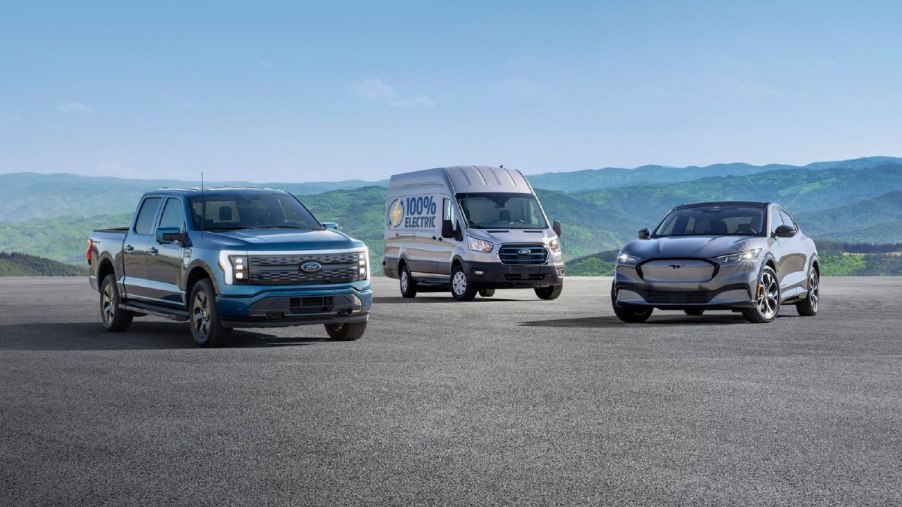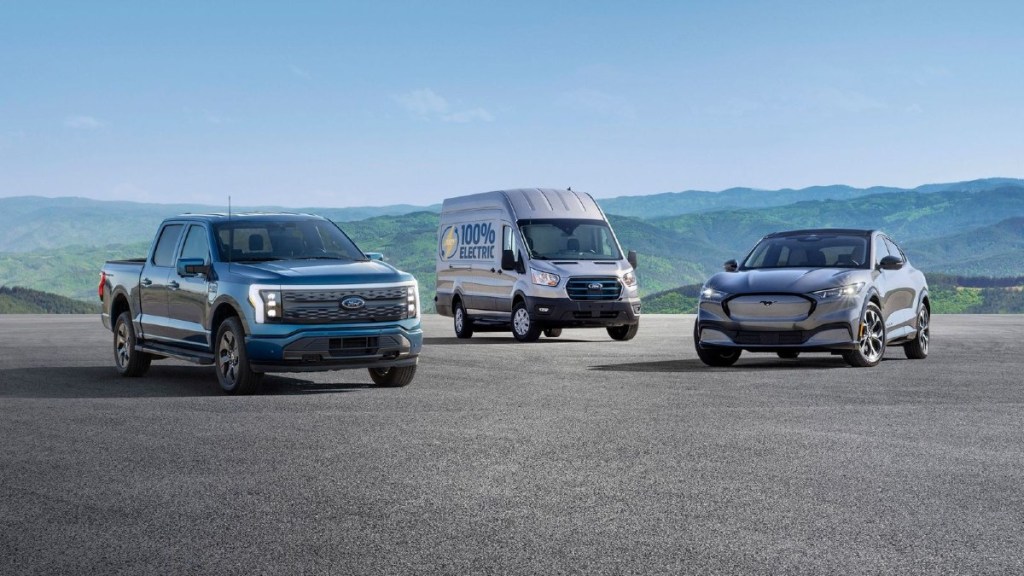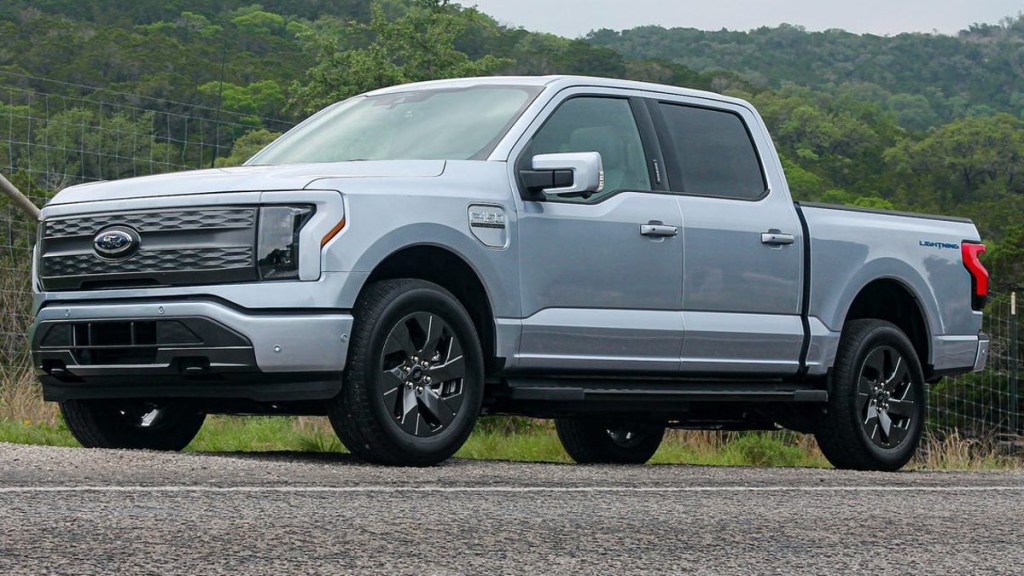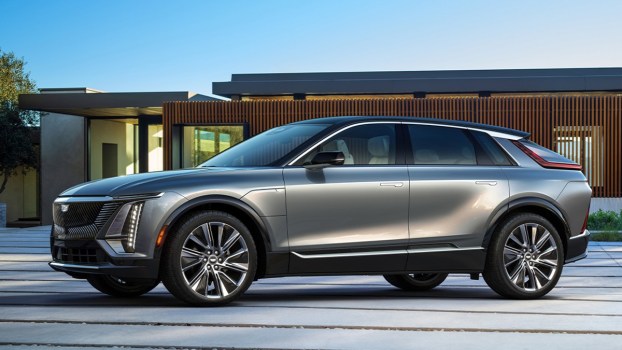
Ford Motor Co. & CATL: Is the Inflation Reduction Act Being Circumvented?
Ford Motor Co. recently announced a planned $3.5 billion battery plant in Michigan. Normally, this would be extremely good news. A new battery plant should boost the local economy by adding more jobs to the area. Unfortunately, this news is heavily scrutinized because of Ford’s announced partnership with Chinese EV automaker CATL.
Is the Ford Chinese partnership with CATL a slap in the face to America?

U.S. Representative Jason Smith has raised concerns about this new partnership. Smith, a Republican from Missouri, sent a letter to Ford CEO Jim Farley over concerns that this new arrangement takes advantage of a “loophole” in the electric vehicle tax credit sourcing requirement. The letter goes on to claim the intent of the Inflation Reduction Act is being hampered by this partnership, which could create problems for Ford and America.
“This arrangement appears to leverage a loophole in the rules regarding battery components manufactured or assembled by a ‘foreign entity of concern.’ I am alarmed about how Ford has structured this project in the context of the IRA’s clean vehicle credits and am concerned that other automakers may seek to use loopholes in the IRA to avoid guardrails meant to protect American enterprise and workers.” – Jason Smith, Rep. MO, House Ways, and Means Committee Chairperson
What does Smith expect to learn about the new Ford battery plant?
Representative Smith expects to learn about the licensing agreement between Ford and Chinese automaker CATL. This information should include whether or not the EV batteries produced at this new Ford battery plant will qualify for the tax credit. More importantly, he expects to learn whether or not Ford intends to claim the tax credit which applies to the production of batteries, including the components and materials used.
Ford answered the concerns about its partnership

A Ford representative answered some concerns by telling Automotive News the assertions regarding this new battery plant are incorrect. The new Ford partnership with Chinese automaker CATL is only to license its battery cell technology, similar to any other contractor.
“Any tax dollars received will only go to wholly owned Ford subsidiaries, not to CATL or any other entity.” – Melissa Miller, Ford spokesperson
Out of concern that Ford and other automakers could be taking advantage of the Inflation Reduction Act loopholes, Smith sent separate letters to 10 other automakers. These automakers are:
- Audi
- BMW
- General Motors
- Hyundai
- Nissan
- Rivian
- Stellantis
- Tesla
- Volkswagen
- Volvo
Should we trust this new Ford CATL partnership?
In the end, this matter might come down to optics and semantics. How does it look when a domestic automaker utilizes Chinese battery technology? The spirit of the Inflation Reduction Act is to keep countries, including China and Russia, out of electric vehicle production and technology in the United States.
Although not specified, this Ford partnership with Chinese EV giant CATL doesn’t look good for the blue oval.
Congress already considers provisions regarding EV battery technology
In March, Senator Marco Rubio, a Republican from Florida, introduced a bill that would block tax credits for EV batteries produced using Chinese technology. Could this create a serious problem for this partnership? Possibly.
This is only the first of many expected hurdles regarding new EV battery plants and how U.S. automakers must develop the technology to build them.




